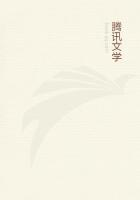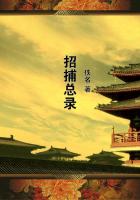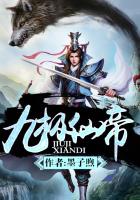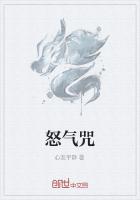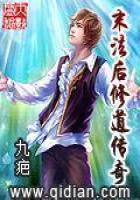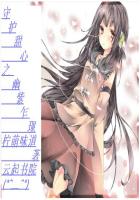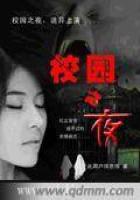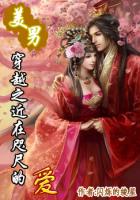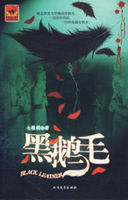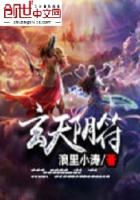General Buell was a brave, intelligent officer, with as much professional pride and ambition of a commendable sort as I ever knew. I had been two years at West Point with him, and had served with him afterwards, in garrison and in the Mexican war, several years more. He was not given in early life or in mature years to forming intimate acquaintances. He was studious by habit, and commanded the confidence and respect of all who knew him. He was a strict disciplinarian, and perhaps did not distinguish sufficiently between the volunteer who "enlisted for the war" and the soldier who serves in time of peace. One system embraced men who risked life for a principle, and often men of social standing, competence, or wealth and independence of character. The other includes, as a rule, only men who could not do as well in any other occupation. General Buell became an object of harsh criticism later, some going so far as to challenge his loyalty. No one who knew him ever believed him capable of a dishonorable act, and nothing could be more dishonorable than to accept high rank and command in war and then betray the trust. When I came into command of the army in 1864, I requested the Secretary of War to restore General Buell to duty.
After the war, during the summer of 1865, I travelled considerably through the North, and was everywhere met by large numbers of people. Every one had his opinion about the manner in which the war had been conducted: who among the generals had failed, how, and why. Correspondents of the press were ever on hand to hear every word dropped, and were not always disposed to report correctly what did not confirm their preconceived notions, either about the conduct of the war or the individuals concerned in it. The opportunity frequently occurred for me to defend General Buell against what I believed to be most unjust charges. On one occasion a correspondent put in my mouth the very charge I had so often refuted--of disloyalty. This brought from General Buell a very severe retort, which I saw in the New York World some time before I received the letter itself. I could very well understand his grievance at seeing untrue and disgraceful charges apparently sustained by an officer who, at the time, was at the head of the army. I replied to him, but not through the press. I kept no copy of my letter, nor did I ever see it in print; neither did I receive an answer.
General Albert Sidney Johnston, who commanded the Confederate forces at the beginning of the battle, was disabled by a wound on the afternoon of the first day. This wound, as I understood afterwards, was not necessarily fatal, or even dangerous. But he was a man who would not abandon what he deemed an important trust in the face of danger and consequently continued in the saddle, commanding, until so exhausted by the loss of blood that he had to be taken from his horse, and soon after died. The news was not long in reaching our side and I suppose was quite an encouragement to the National soldiers.
I had known Johnston slightly in the Mexican war and later as an officer in the regular army. He was a man of high character and ability. His contemporaries at West Point, and officers generally who came to know him personally later and who remained on our side, expected him to prove the most formidable man to meet that the Confederacy would produce.
I once wrote that nothing occurred in his brief command of an army to prove or disprove the high estimate that had been placed upon his military ability; but after studying the orders and dispatches of Johnston I am compelled to materially modify my views of that officer's qualifications as a soldier. My judgment now is that he was vacillating and undecided in his actions.
All the disasters in Kentucky and Tennessee were so discouraging to the authorities in Richmond that Jefferson Davis wrote an unofficial letter to Johnston expressing his own anxiety and that of the public, and saying that he had made such defence as was dictated by long friendship, but that in the absence of a report he needed facts. The letter was not a reprimand in direct terms, but it was evidently as much felt as though it had been one. General Johnston raised another army as rapidly as he could, and fortified or strongly intrenched at Corinth. He knew the National troops were preparing to attack him in his chosen position. But he had evidently become so disturbed at the results of his operations that he resolved to strike out in an offensive campaign which would restore all that was lost, and if successful accomplish still more. We have the authority of his son and biographer for saying that his plan was to attack the forces at Shiloh and crush them; then to cross the Tennessee and destroy the army of Buell, and push the war across the Ohio River. The design was a bold one; but we have the same authority for saying that in the execution Johnston showed vacillation and indecision. He left Corinth on the 2d of April and was not ready to attack until the 6th. The distance his army had to march was less than twenty miles. Beauregard, his second in command, was opposed to the attack for two reasons: first, he thought, if let alone the National troops would attack the Confederates in their intrenchments; second, we were in ground of our own choosing and would necessarily be intrenched. Johnston not only listened to the objection of Beauregard to an attack, but held a council of war on the subject on the morning of the 5th. On the evening of the same day he was in consultation with some of his generals on the same subject, and still again on the morning of the 6th. During this last consultation, and before a decision had been reached, the battle began by the National troops opening fire on the enemy.
This seemed to settle the question as to whether there was to be any battle of Shiloh. It also seems to me to settle the question as to whether there was a surprise.

